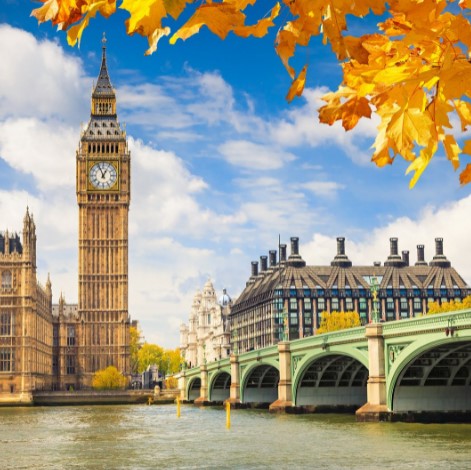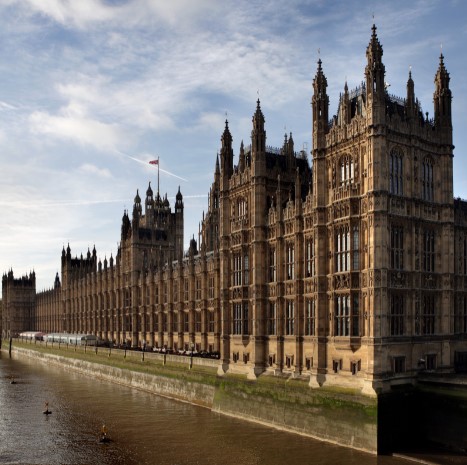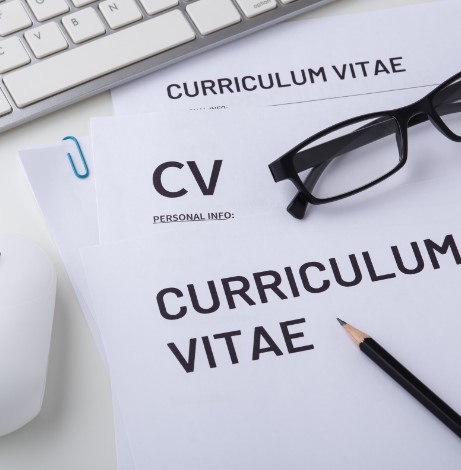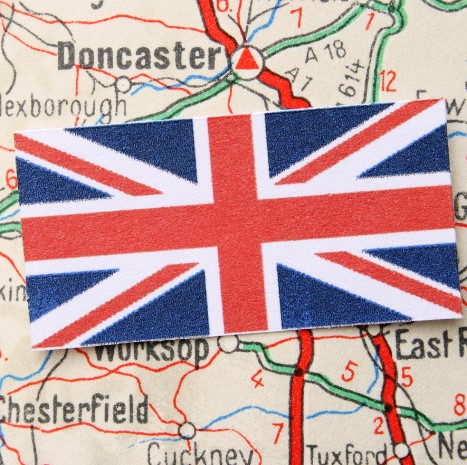
If you live in the UK you are entitled to free medical care through the National Health Service (NHS).
In the United Kingdom, you are insured under the National Health Service (NHS) by virtue of residence rather than by registration with the National Insurance Scheme. In principle, those who are ordinarily resident in the country are entitled to be users of the system.
European citizens who are lawfully resident before 31 December 2020 and their family members will be entitled to free NHS care provided that they apply for settled status under UK regulations before 30 June 2021.
If you arrive in the UK on a visa you have to pay an Immigration Health Surcharge (IHS) as part of your visa application and will be able to access NHS services.
The UK will cover healthcare for the first three months of life for babies born in the UK whose parents have been legally resident in the UK for more than six months. The government requires parents to have a visa for more than six months and to apply for the visa for their newborn child.
If you do not have health insurance, you will be charged 150% of the standard NHS fee for any care you receive.
Each region of the UK has its own NHS body. The differences between regional health services are mainly structural and in how some of the services are delivered.
The following information is primarily aimed at Healthcare in England.
GP registration
To receive medical care in the UK you need to register with a General Practitioner (General Practice-GP). You can choose your own GP although they have some autonomy in accepting or not accepting patients if they do not live in the local area or if the practice is too full. In this case you should try another GP in the area.
Hospital care
You will usually need a referral from your GP for most hospital treatment, except in emergencies.
Hospital treatment is free if you are resident in the UK.
The services and treatments listed below are free to all NHS Hospitals in England, including overseas visitors:
- A&E services - but not emergency treatment once you have been admitted to hospital.
- family planning services - but not termination of pregnancy or treatment for infertility.
- Treatment for most infectious diseases, including sexually transmitted infections (STIs).
- Treatment required for a physical or mental condition caused by torture, female genital mutilation, domestic violence or sexual violence - this does not apply if you have come to England to seek this treatment unless you have applied for, or been granted, asylum status.
Emergency Services (A&E), Walk-in centre or Minor injury unit (Minor injury unit)
A&E (Accident and Emergency): deals with life-threatening emergencies, such as loss of consciousness, chest pain, respiratory distress, severe bleeding, severe allergic reactions, severe burns, etc. Not all hospitals have an A&E department.
Walk-in centre and Minor injury unit: for urgent but non-life threatening medical care such as sprains, cuts, bites and stings, ear and throat infections, skin infections and rashes, eye problems, coughs and colds, high temperature in children and adults, stomach pain, vomiting, etc.
S1 certificate
If you are lawfully living in the UK before 31 December 2020 and hold an S1 certificate, for example because you receive a state pension or certain 'exportable' benefits from your home country, or if you are a frontier worker (someone living in an EU country, Norway, Iceland, Liechtenstein or Switzerland, and working in the UK) you will be able to access NHS care as long as you continue to be ordinarily resident in the UK.
You will need to register your S1 certificate in the UK to access NHS care in the same way as a person who is ordinarily resident:
Overseas Healthcare Services
NHS Business Services Authority
Bridge House
152 Pilgrim Street
Newcastle upon Tyne
NE1 6SN
Email: Esta dirección de correo electrónico está siendo protegida contra los robots de spam. Necesita tener JavaScript habilitado para poder verlo.
If you do not have an S1 certificate, you can apply for one when you reach State Pension age, as long as you are still resident in the UK. You can apply to your national social security authority (EU, Norwegian, Icelandic, Liechtenstein or Swiss competent authority for health insurance).
Pharmacies
Pharmacists are experts in medicines that can help you with minor health problems. As health professionals they can offer clinical advice and over-the-counter medicines for minor ailments, such as coughs, colds, sore throats, stomach problems and aches and pains.
If symptoms suggest that it is something more serious, pharmacists have the right training to make sure you get the help you need. For example, they will tell you if you need to see a GP, nurse or other health professional.
For some types of medicines, you will need a prescription from your NHS doctor.
Costs for medical care - Prescriptions
In the UK there is no co-payment for medical or hospital care, except for dental care, where you have to pay fixed amounts per treatment which are set annually by the Department of Health.
For prescriptions you will have to pay a fixed amount (currently £9.35 per prescription, regardless of the price of the medicine), unless you are exempt from paying.
There are special conditions for the chronically ill or those who need a large number of prescriptions, for which there are quarterly or annual ceilings. A number of groups are exempt from this co-payment, such as the over-60s, under-16s (18 if they are students), pregnant women (or those who have given birth in the previous 12 months) and if they receive any income-contingent benefits.
These charges apply only in England, having been abolished in Scotland, Wales and Northern Ireland.
Prescriptions issued by another country
From 1 January 2021, a prescription issued in an EEA member state (EU countries, Iceland, Liechtenstein and Norway) or Switzerland can be dispensed in the UK if the prescriber is a member of a recognised profession that has the legal right to issue such a prescription in the country where the prescription is issued.
Fuente: Ministerio de Trabajo España
More information:https://ift.tt/EsWdke1
Adblock test (Why?)






